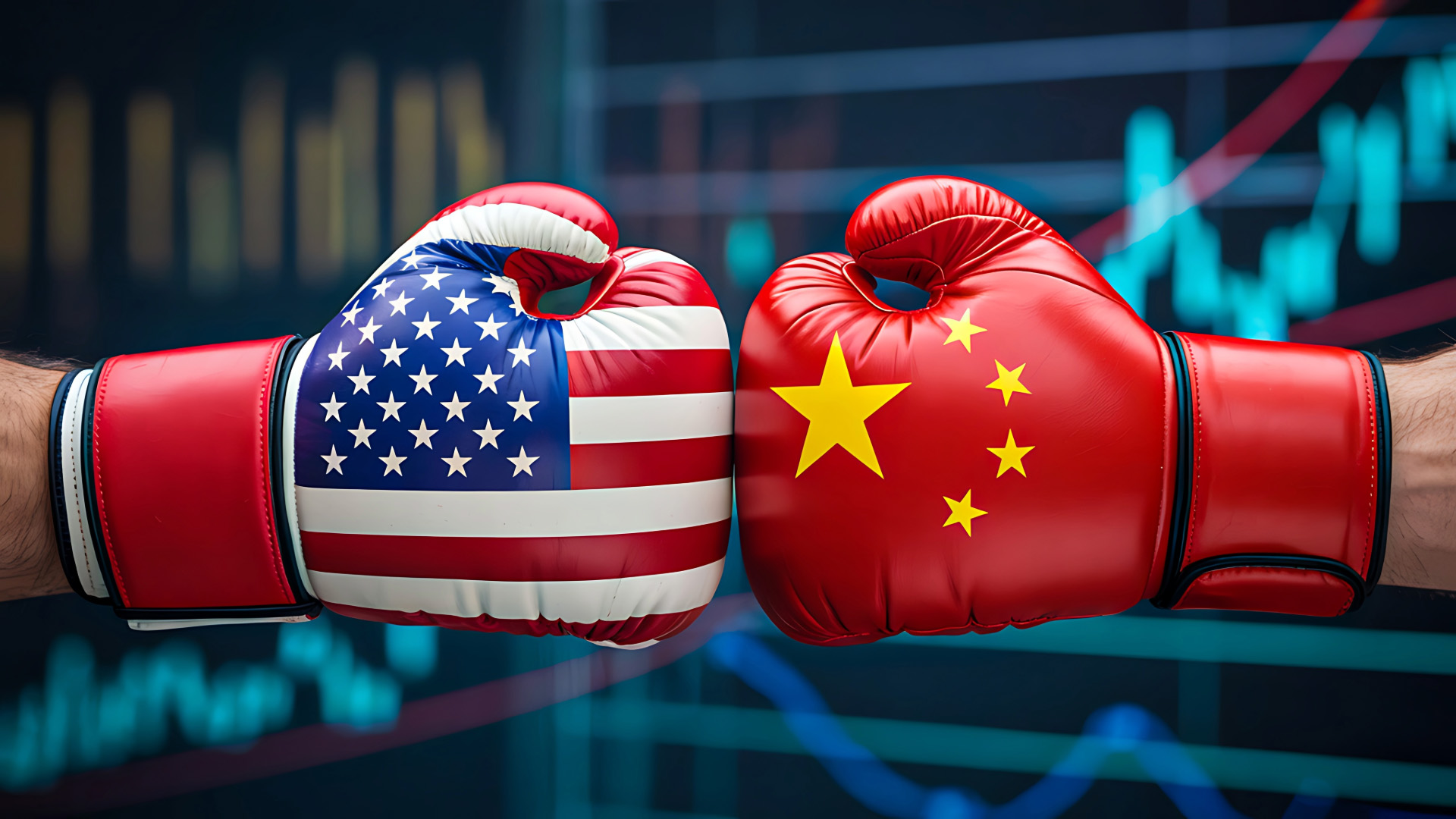
The 100% bluff
Posted on: 11 October 2025
Timing in politics is everything. Trump emerges from the Gaza ceasefire "success" and immediately threatens 100% tariffs on China. This isn't coincidence, it's the classic application of the "exploit momentum whilst you have it" principle. But there's a problem: you're using temporary political capital to make a move that requires permanent structural power. And the difference between the two is what separates bluffs that work from those that explode in your face.
The illusion of leverage
Trump operates with businessman logic: "They sell to us more than we sell to them, so I have leverage." It's a superficial reading that ignores three fundamental systemic realities.
First: global supply chains aren't linear. If you break the semiconductor chain, you don't just stop importing Chinese chips, you halt American automotive, the artificial intelligence industry, data centres. TSMC in Taiwan produces over 50% of the world's semiconductors, but uses materials and components that pass through China. You can't simply "move production" with a tariff, it takes decades of investment and know-how that can't be improvised.
Second: China holds $757 billion in Treasury bonds. Certainly, selling massively would be painful for them too, but here's where the crucial difference comes in between a political system that must answer to voters every four years and one that can absorb short-term economic pain for long-term strategic objectives. It's the classic "mutually assured destruction" dynamic, but when one of the actors has a time horizon measured in decades rather than electoral cycles, they have an enormous structural advantage.
Third: rare earths. China has already demonstrated willingness to weaponise its control over materials critical to the technology industry. And the United States has no immediate alternatives, building them requires years and billions in investment that nobody has yet undertaken seriously.
The incentives that actually matter
Trump's incentives are clear and all short-term: electoral base that wants "tough on China", need to distract from domestic economic problems, exploit Gaza momentum before it evaporates. But Xi Jinping's incentives operate on completely different logic.
For the Chinese Communist Party, yielding to direct American threats isn't just an economic defeat, it's internal political suicide. The regime's legitimacy is based on the narrative of "great national rejuvenation" and resistance to Western imperialism. Appearing weak in the face of US pressure would undermine the very foundations of internal consensus. Xi will prefer temporary economic pain to permanent loss of face.
This is the point that dealmakers like Trump don't understand: not everyone plays to maximise short-term profits. Some actors optimise for prestige, control, very long-term strategic position. Thinking you can force compliance with economic threats against an adversary who has these incentives is like playing poker believing everyone has your same cards and your same priorities.
The architecture that's missing
If you genuinely wanted to apply systemic pressure on China, the correct approach would have been completely different. First you build alternatives to supply chains, a process requiring years of coordinated investment with allies. First you diversify who holds your debt through targeted strategic issuance. First you create a coalition of pressure with Europe, Japan, South Korea, so you're not alone against everyone.
Then, and only then, you use tariffs as a surgical scalpel on specific sectors, not as a hammer on everything. Threats work when you've already built the infrastructure that makes them credible. Threatening first and building after is like declaring war before having an army, hoping the adversary runs from the bluff alone.
Trump is doing exactly the opposite: announcing 100% tariffs without having production alternatives ready, international coalition, or protection from financial retaliation. It's performative authority, not systemic authority. And the difference becomes brutally evident when the other calls the bluff.
What will actually happen
My pattern recognition, based on decades of observing similar dynamics in different contexts, says this: China won't yield. They'll respond with a calibrated combination of counter-tariffs, pressure on rare earths, and unsettling signals about American debt. They won't massively sell Treasury bonds, that would be too self-damaging, but they'll make it clear they could.
Financial markets will enter fibrillation. American companies dependent on Chinese components will see costs explode. Consumers will see prices rise. And at that point Trump will have two equally painful options: back down losing face, or escalate further causing real damage to the economy he must sell to voters in a few months.
The Gaza momentum will evaporate rapidly. Because resolving a Middle East ceasefire, however significant, doesn't protect you from the consequences of a poorly designed trade war with your principal creditor and critical supplier.
The lesson in social design
This affair is a perfect case study in how not to design strategy in complex systems. Confusing temporary political momentum with permanent structural power. Ignoring the adversary's real incentives and projecting your own. Believing that will and bluff can substitute patient systemic architecture.
True strategic social design requires the opposite: first building the infrastructure that makes your threats credible, deeply understanding what actually motivates the other actor, having alternatives ready when escalation fails. It's boring, requires years, doesn't produce immediate headlines. But it works.
Trump is playing speed chess against someone playing Go with all the time in the world. And in this type of mismatch, the one who designed the system better always wins, not the one who made the loudest move.